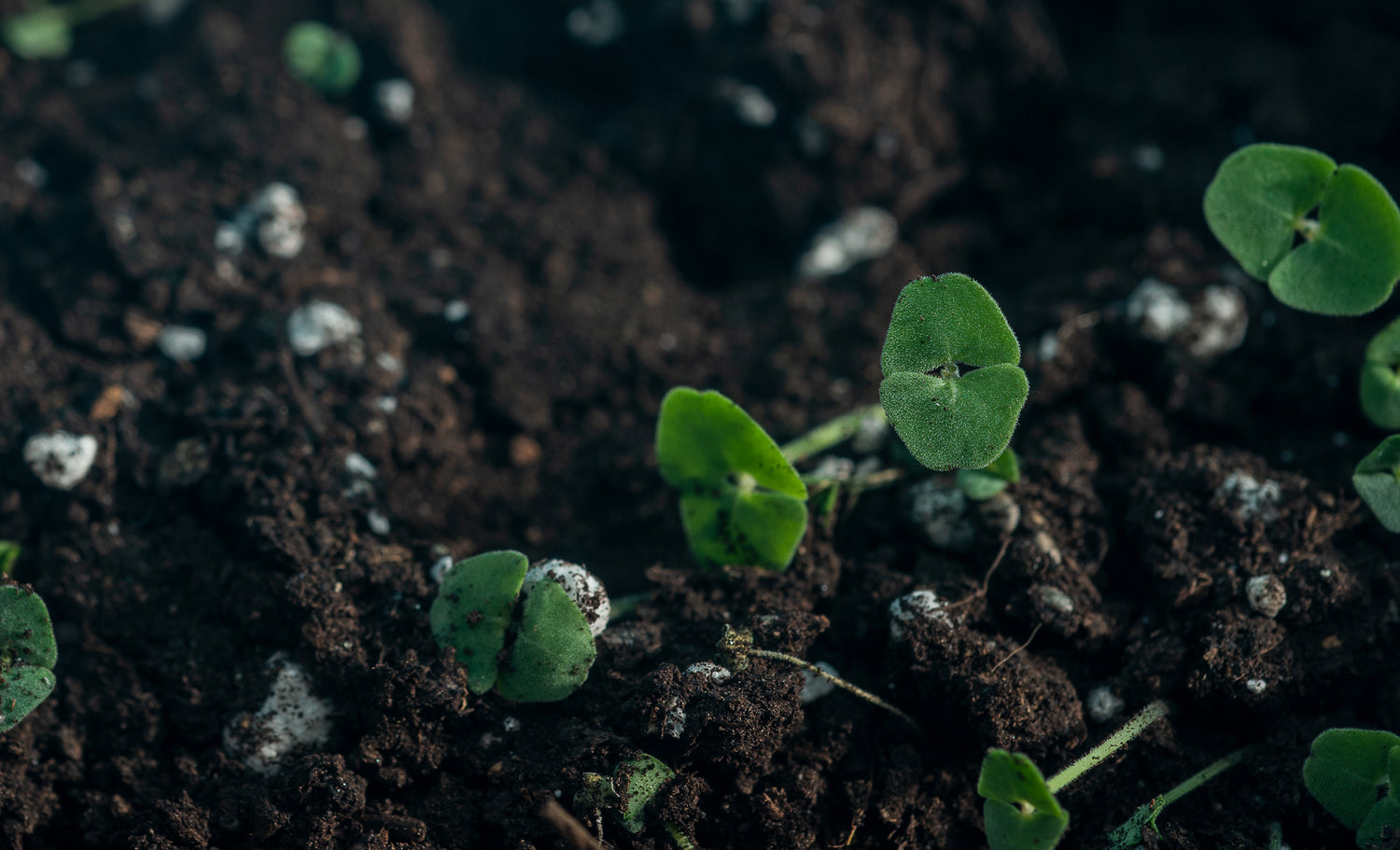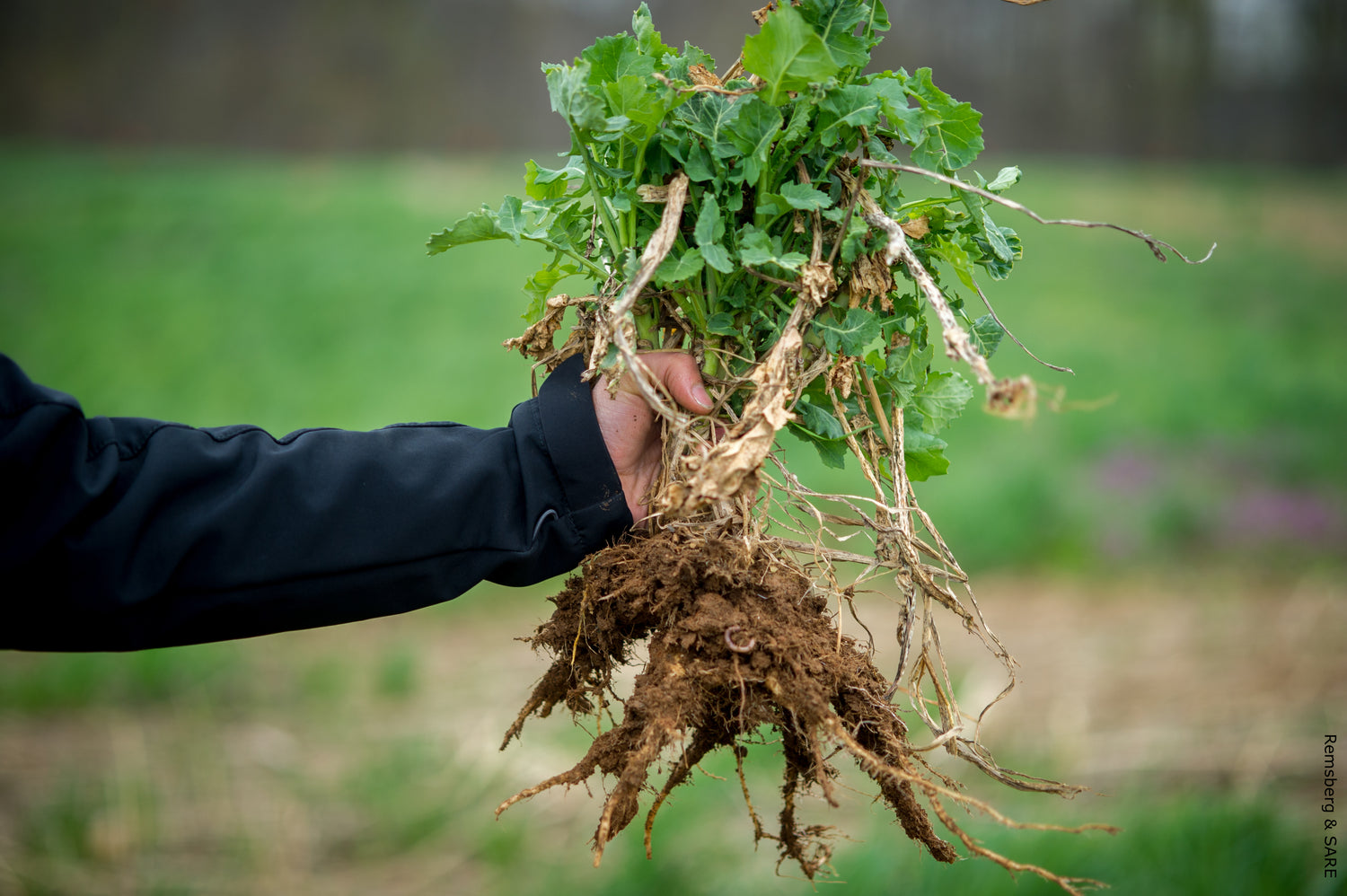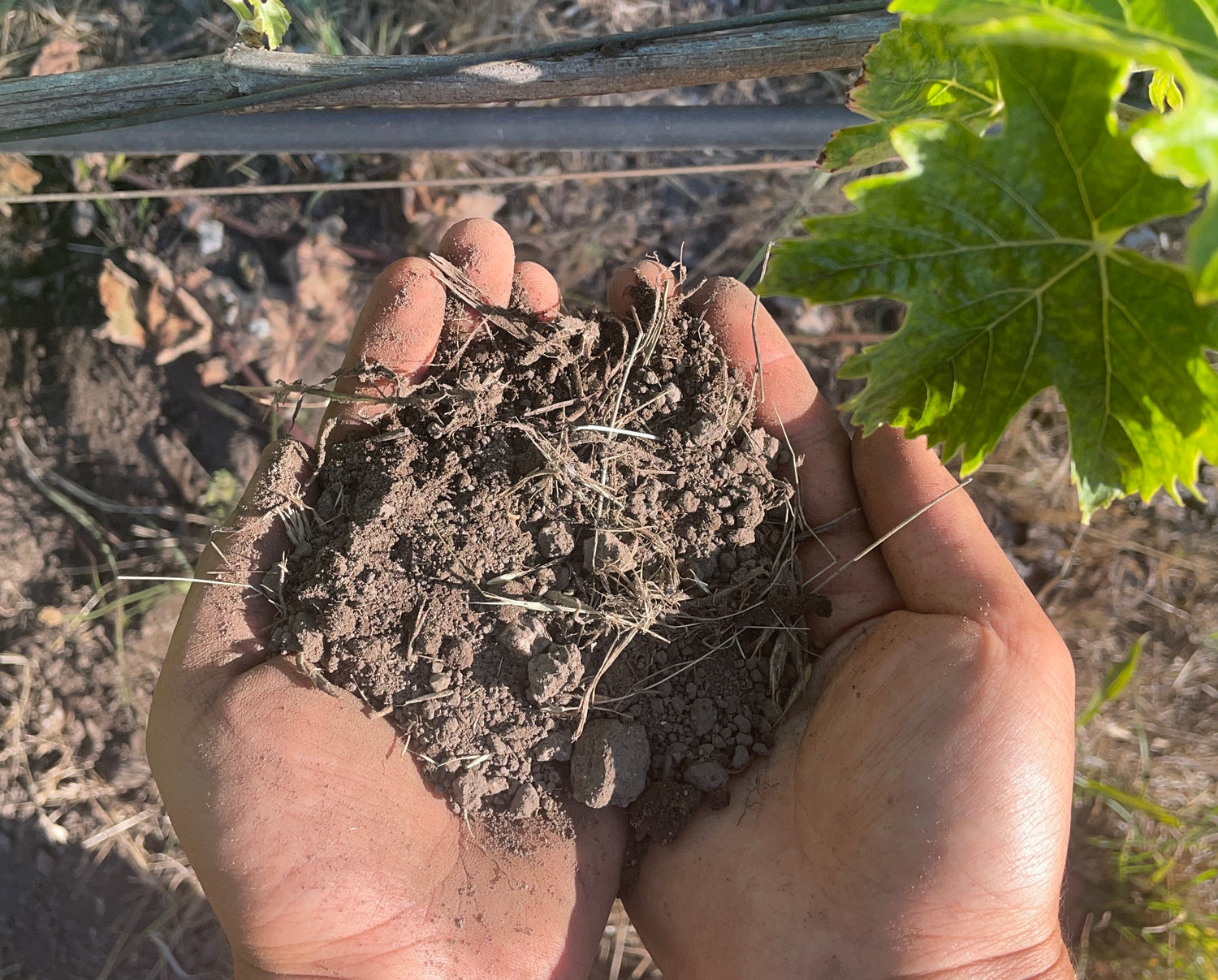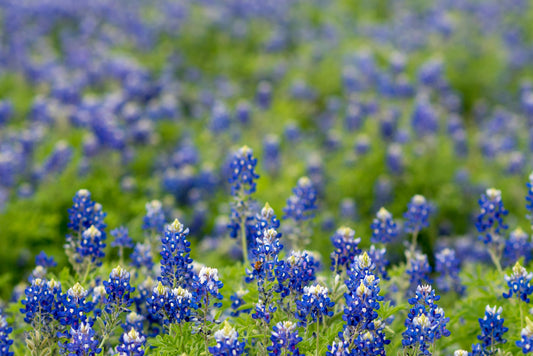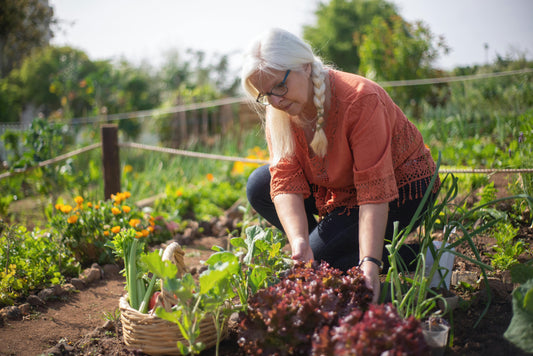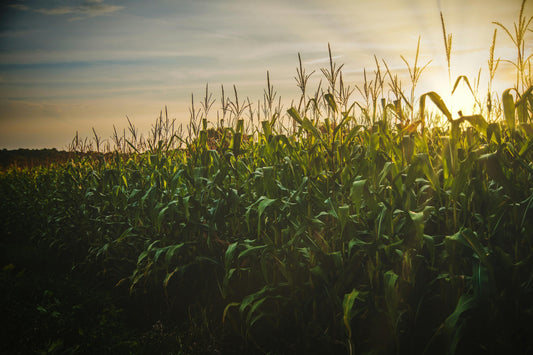Phoenix's unique desert landscape features five distinct soil types shaped by the Sonoran Desert's arid climate and urban development. Understanding these soil characteristics is essential for successful desert landscaping, urban gardening, and sustainable land management in Arizona's largest metropolitan area.
Phoenix Soil Types: Complete Guide to Desert Soils in Arizona
Phoenix contains five primary soil types: desert loam (40% coverage), urbanized soils (30%), caliche (15%), gravelly desert (10%), and alkali soils (5%), each requiring specific management strategies for successful gardening and landscaping in the Sonoran Desert.
Nestled in the Sonoran Desert, Phoenix thrives amidst scorching heat, minimal rainfall averaging 8 inches annually, and rugged terrain where soil types like desert loam, caliche, gravelly desert, alkali, and urbanized soils define the landscape. These soils, shaped by arid conditions and urban expansion, are critical for sustainable development, water conservation, and successful desert gardening practices.
Geological Context of Phoenix's Soils
Phoenix's soils result from the Sonoran Desert's unique geology, shaped by ancient alluvial fan deposits, wind erosion patterns, and calcium carbonate accumulation over thousands of years. The USDA Natural Resources Conservation Service classifies Phoenix soils within the Aridisol order, which are soils adapted to arid climates characterized by low organic matter content and calcium carbonate accumulation.
The Basin and Range topography, featuring alternating valleys and upland areas, contributes significantly to soil diversity throughout the Phoenix metropolitan area. This geological variation creates conditions ranging from fine-textured loamy plains in valley bottoms to coarse gravelly soils on hillsides and elevated terrain.
Soil Formation in the Sonoran Desert
Soil formation in Phoenix is driven by five key factors: parent material derived from alluvium and volcanic rock, an arid climate with summer temperatures exceeding 100°F, sparse desert vegetation, topography ranging from flat valley floors to hilly terrain, and extended time periods allowing for soil development processes.
The weathering of granite and basalt bedrock, combined with salt accumulation from minimal rainfall and high evaporation rates, creates distinctive soil profiles throughout the region. Research indicates that Phoenix's soils typically contain low organic matter levels ranging from 0.5 to 2 percent, requiring careful management approaches for successful urban gardening and desert landscaping projects.
Major Soil Types in Phoenix
Phoenix's diverse soil environment reflects both its natural desert setting and extensive urban development, with each soil type presenting unique characteristics and management requirements.
Desert Loam Soils
Desert loam soils dominate Phoenix's valley areas, featuring a balanced mixture of sand, silt, and clay particles that provides excellent drainage while maintaining some water-holding capacity. The Casa Grande series represents a typical desert loam found throughout the region, supporting native Sonoran Desert vegetation including the iconic saguaro cactus and various desert shrubs essential for local ecosystem health.
Caliche Soils
Caliche soils, characterized by hard calcium carbonate layers or "hardpan," are commonly found in central Phoenix areas. These cemented layers create significant challenges for both construction and landscaping projects by impeding root penetration and water infiltration. The NRCS documentation on caliche soils emphasizes their impact on drainage and plant establishment.
Gravelly Desert Soils
Found primarily in elevated areas such as South Mountain and surrounding foothills, gravelly desert soils feature coarse textures with high drainage rates and low water retention. These soils support resilient desert shrubs like creosote bush and brittlebush, creating attractive natural desert landscapes with minimal water requirements.
Alkali Soils
Alkali soils, characterized by high concentrations of soluble salts, occur predominantly in historically irrigated areas of west Phoenix. These soils present challenges for plant growth by affecting water uptake and requiring specialized irrigation management to prevent salt accumulation and plant stress.
Urbanized Soils
Anthropogenic urbanized soils, prevalent throughout downtown Phoenix and developed areas, vary widely in their characteristics due to construction activities, landscaping modifications, and urban development processes. The EPA notes that urban soils often experience compaction and may contain contaminants requiring testing before use in food production or children's play areas.
Soil Characteristics and Management Applications
Understanding the specific properties of each Phoenix soil type enables appropriate management decisions for various land uses:
- Desert Loam: Features balanced texture with high drainage, ideal for native landscaping and xeriscaping projects, though challenged by low water retention requiring efficient irrigation.
- Caliche: Contains hard carbonate layers suitable for construction with proper modification, but presents poor infiltration and root barrier challenges.
- Gravelly Desert: Offers coarse, well-drained conditions perfect for desert gardens and trail systems, though limited by low fertility levels.
- Alkali: High salt content allows irrigated agriculture with proper management but requires addressing salt toxicity issues.
- Urbanized: Compacted and variable soils suitable for urban gardens and raised bed systems, though may require contamination testing and compaction remediation.
Soil Distribution Across Phoenix
Based on USDA Natural Resources Conservation Service surveys, Phoenix soil distribution shows desert loam dominating at 40% of land area, urbanized soils covering 30%, caliche soils at 15%, gravelly desert soils at 10%, and alkali soils comprising 5% of the total area.
Desert loam soils predominate in valley floor areas, while urbanized soils are concentrated in developed metropolitan zones. This distribution pattern directly influences soil management strategies and land use planning throughout the Phoenix area.
Significance for Phoenix's Ecosystems and Development
Phoenix's diverse soil types fundamentally shape both natural ecosystems and urban development patterns. Desert loam and gravelly soils support approximately 70% of Sonoran Desert biodiversity, including over 1,200 documented plant species that form the foundation of desert ecosystems and eco-tourism activities.
Caliche and urbanized soils, while presenting management challenges, support significant landscaping and development projects throughout the metropolitan area. Properly managed alkali soils enable urban agriculture initiatives that contribute to local food production and community garden programs.
These soil types also play crucial roles in water conservation efforts, particularly important in a metropolitan area that utilizes substantial water resources annually for municipal, agricultural, and landscaping purposes.
Challenges of Phoenix Soils
Phoenix's arid climate and extensive urbanization create specific soil management challenges requiring strategic approaches and specialized techniques.
Low Water Retention
Desert loam and gravelly soils retain minimal rainfall due to their drainage characteristics and low organic matter content, necessitating efficient irrigation systems and water conservation practices for successful plant establishment and growth.
Caliche Impermeability
Caliche layers significantly restrict water infiltration and create physical barriers for root development, complicating landscaping projects and requiring soil modification or alternative planting strategies such as raised bed systems.
Salt Accumulation
Alkali soils naturally accumulate salts from irrigation water and limited rainfall, potentially reducing plant growth and requiring ongoing management through proper irrigation techniques and soil amendments.
Urban Compaction and Contamination
Urbanized soils frequently experience compaction from construction activities and may contain heavy metals or other contaminants requiring testing and remediation before use in gardening or agricultural applications.
Soil Management Strategies for Phoenix
Sustainable soil management practices enhance Phoenix's diverse soil types for successful gardening, landscaping, and development projects in desert conditions.
Professional Soil Testing
Comprehensive soil testing identifies nutrient levels, salt concentrations, pH, and potential contaminants, providing essential information for developing appropriate management strategies. The UC ANR soil testing guidelines recommend annual testing for irrigated areas and periodic testing for native plant areas.
Organic Amendments for Soil Improvement
Compost and other organic amendments significantly improve desert loam fertility and water retention capacity while supporting beneficial soil microorganisms essential for plant health and nutrient cycling in desert soils.
Caliche Management Techniques
Breaking through caliche layers or implementing raised bed systems dramatically improves drainage and root development opportunities for landscaping and gardening projects in affected areas.
Salt Management for Alkali Soils
Gypsum applications and proper leaching techniques effectively reduce salt concentrations in alkali soils, enabling successful plant establishment and agricultural production in previously challenging areas.
Water-Efficient Irrigation Systems
Drip irrigation systems and moisture-conserving mulches provide significant water savings while maintaining adequate soil moisture for plant growth in desert conditions, supporting both environmental sustainability and economic efficiency.
Native Plant Selection
Cacti, desert shrubs, and adapted native species like mesquite trees thrive in gravelly and desert loam soils with minimal water requirements, supporting both landscape aesthetics and ecological sustainability goals.
Urban Soil Remediation
Raised bed systems and phytoremediation techniques address contamination issues in urbanized soils while providing safe growing environments for food production and ornamental gardening in urban settings.
Soil Management Process
Effective soil management in Phoenix follows a systematic approach beginning with comprehensive soil testing to assess pH levels, nutrient content, salt concentrations, and potential contaminants. The process continues with soil type identification through texture analysis, followed by appropriate amendment applications such as compost for desert loam or gypsum for alkali soils.
Plant selection based on soil characteristics, implementation of efficient irrigation systems, and ongoing soil monitoring ensure long-term success in Phoenix's challenging desert environment.
Frequently Asked Questions
What is the most common soil type in Phoenix?
Desert loam covers approximately 40% of Phoenix, making it the most prevalent soil type. This soil is ideal for native desert plants and xeriscaping projects when properly managed.
How do I identify my soil type?
A simple ribbon test can distinguish soil textures: sandy soils won't form ribbons, loamy soils form short ribbons, and clay soils form long ribbons. Professional soil testing provides more detailed analysis.
Can I garden in desert loam soils?
Yes, desert loam supports both native plants and vegetables when amended with compost and managed with efficient drip irrigation systems.
How do caliche soils affect landscaping?
Caliche layers block water infiltration and root penetration, requiring soil modification through breaking the hardpan or using raised bed gardening systems.
Are alkali soils problematic in Phoenix?
Alkali soils contain high salt concentrations that can stress plants, but proper management with gypsum amendments and leaching techniques enables successful cultivation.
How do I manage urbanized soils?
Test urbanized soils for contaminants and address compaction issues. Raised beds often provide the best solution for safe food production in urban areas.
What plants thrive in gravelly desert soils?
Native desert plants like saguaro cacti, creosote bush, and brittlebush naturally thrive in gravelly soils with minimal water requirements.
How often should I test my soil?
Annual testing is recommended for irrigated gardens and agricultural areas, while native plant areas may require testing every 2-3 years.
Can I grow vegetables in Phoenix soils?
Yes, vegetables grow successfully in desert loam and properly amended urbanized soils with appropriate irrigation and nutrient management.
How do I conserve water in desert soils?
Drip irrigation systems, mulching, and native plant selection significantly reduce water consumption while maintaining healthy plant growth.
Conclusion
Phoenix's five primary soil types—desert loam, caliche, gravelly desert, alkali, and urbanized soils—form the foundation for successful desert landscaping and urban gardening in the Sonoran Desert. Desert loam supports iconic native vegetation, while caliche and alkali soils present manageable challenges through proper techniques and amendments.
Through comprehensive soil testing, organic amendments, efficient irrigation systems, and appropriate plant selection, Phoenix residents and land managers can overcome the challenges of low water retention, salt accumulation, and urban soil issues. Sustainable soil management practices support both environmental conservation and productive land use in this unique desert metropolitan area.
Sources
- USDA Natural Resources Conservation Service. Soil Survey Geographic Database. https://www.nrcs.usda.gov/resources/data-and-reports/soil-survey
- USDA Natural Resources Conservation Service. Caliche Soils Information. https://www.nrcs.usda.gov/resources/guides-and-instructions/caliche-soils
- U.S. Environmental Protection Agency. Urban Soil Contamination. https://www.epa.gov/superfund/urban-soil-contamination
- University of California Agriculture and Natural Resources. Soil Testing Guidelines. https://ucanr.edu/sites/CCUH/Soil_Testing/
- USDA Natural Resources Conservation Service. Aridisol Soil Order. https://www.nrcs.usda.gov/resources/education-and-teaching-materials/soil-orders
- Arizona State University Extension. Desert Landscaping Guide. https://extension.arizona.edu/desert-landscaping
- University of Arizona Cooperative Extension. Soil Management in Arid Regions. https://extension.arizona.edu/soil-management







